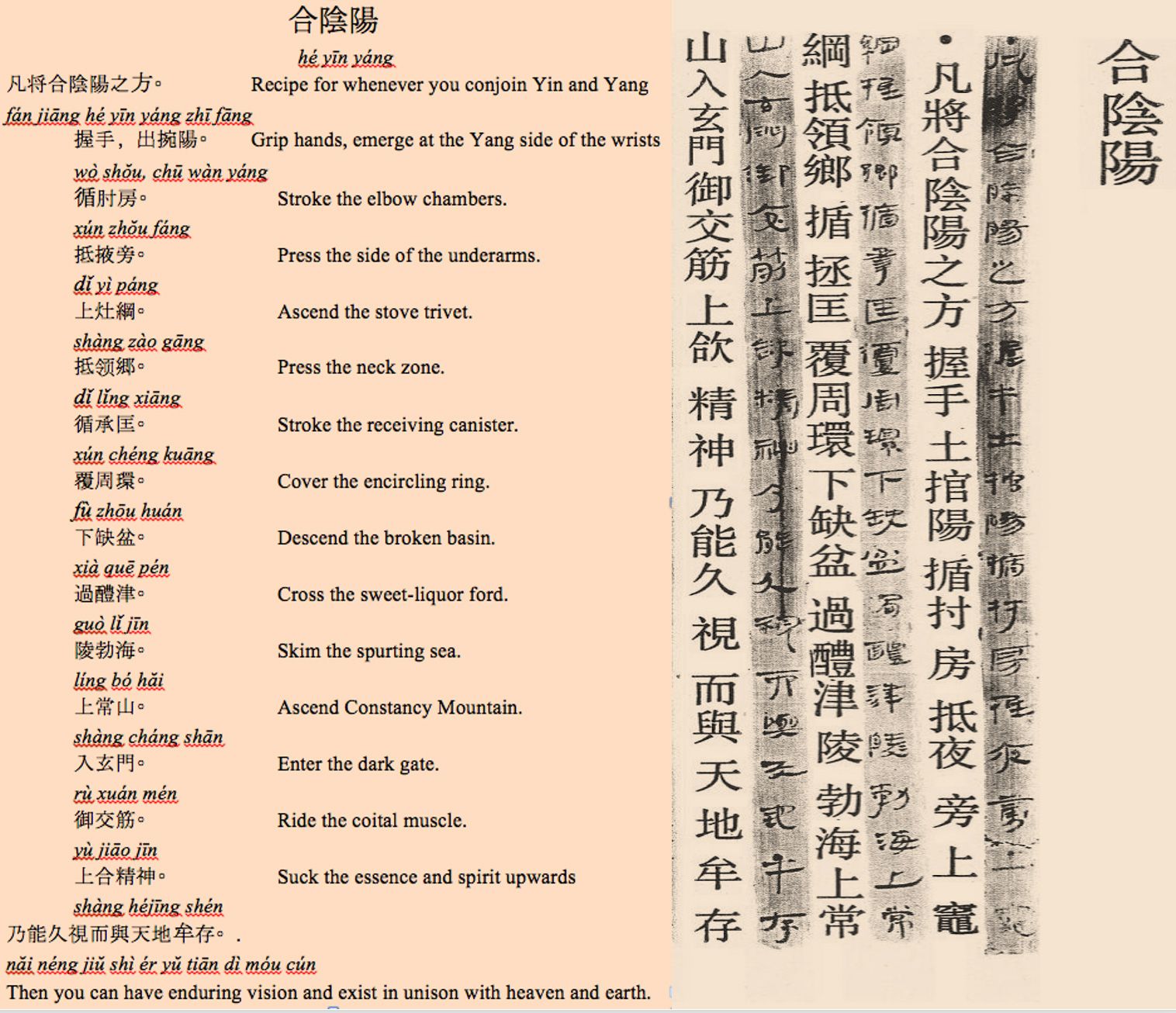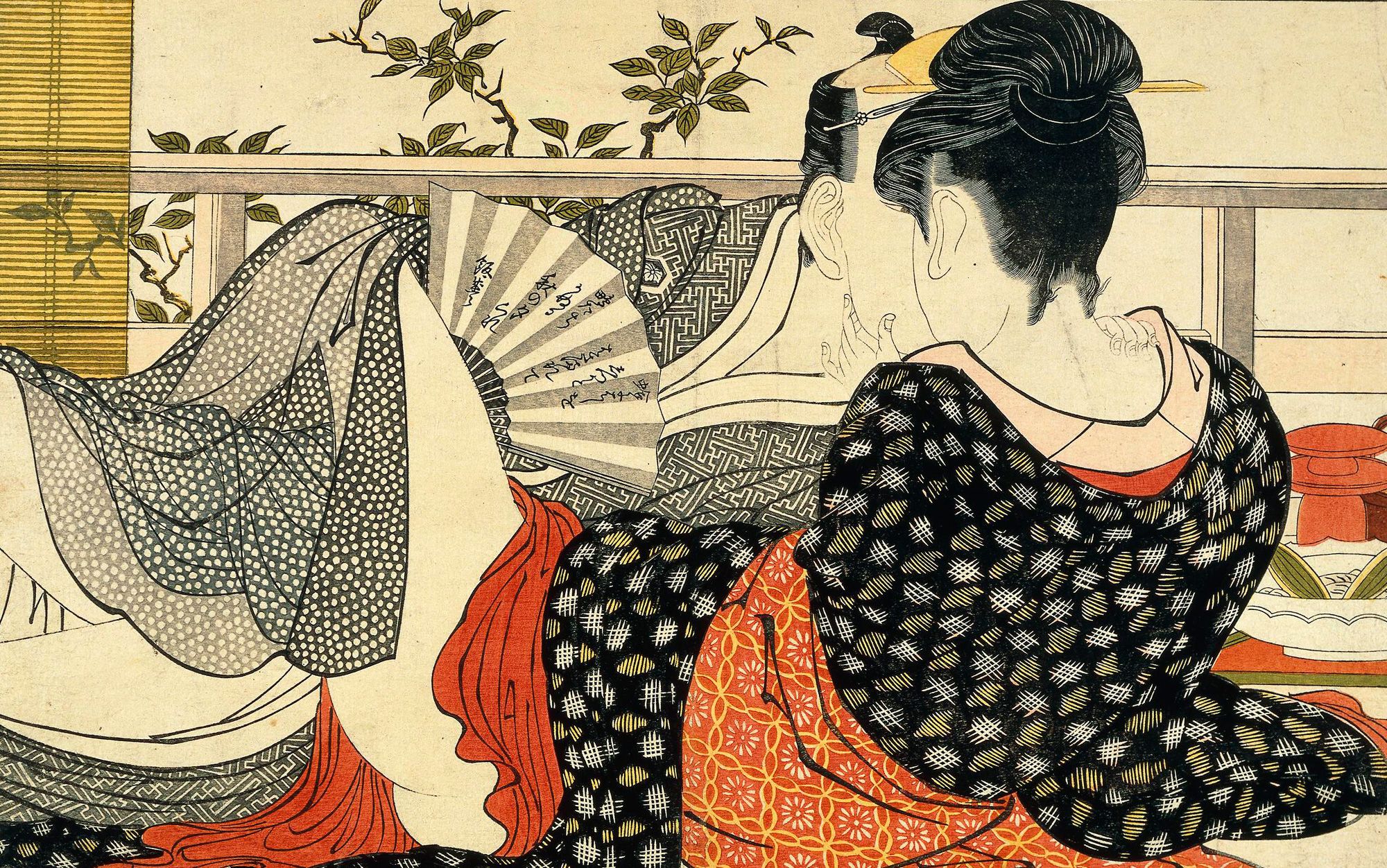Fooling around like a teenager linked to remarkable increase in overall wellbeing
Why is an emeritus professor of cardiovascular physiology at the University of Oxford interesting in the positive effects of sharing saliva?
Okay so before you wonder whether we have officially lost our marbles over here at the Cherryflava HQ by posting this story - healthy ageing and the search for alternative methods to promote wellbeing in humans is very much an area of focus that we are interested in.
As a part of the work that we do, we're not just interested in the hard, scientific, cerebral mechanisms of change - we're also very interested in new ideas, new conversations that are being had in places that carry weight and this story ticks all of those boxes.
Denis Noble is an emeritus professor of cardiovascular physiology at the University of Oxford - he is one of the leading researchers into a holistic field of scientific study known as Systems Biology, which views biological systems as integrated with their environments and addresses the science from holistic position, rather than what conveniently fits into the funded study.
In a fascinating piece recently published on Aeon he shares his own interest in ancient Chinese and Japanese texts that link the 'acts of innocent teenage lovers' with heightened levels of longevity and the reversal of ageing.
We all know that our genes are linked to our health and how healthy our body are as we get older, but an increasing number of scientists are now also recognising that the health of our genes and our overall health are also heavily influenced by the environment in which we live and how we choose to think.
Our thoughts have the power to make us very ill; stress and how we mentally manage our stress has the power to kill us.
The ancient Chinese texts take this theory even further and suggest that illness and disease can be remedied with diet, herbal potions and a kind sexual activity which sounds very much like tantra.
'I suspect that the trafficking of extracellular vesicles between all parts of the body may also be involved in another crucial feature of the ancient Chinese scrolls, since the emphasis on foreplay was on exceedingly slow and gentle movements, beginning with caressing of what seem to be the mysterious energy meridians within the body. Incidentally, those should not be confused with the channels, nerves and blood vessels familiar to Western medicine. My guess is that the caressing and massaging may trigger a release of vesicles across many areas of the body. Could this correspond to the notion of the meridian? Many scientists dismiss this concept from Chinese medicine, but not everything that exists can be visualised easily, as we well know from modern particle physics.'

'Breath, gaze and heartrate between lovers become synchronised during foreplay until actual coitus occurs, but it would be harmful for the man to consummate the love act at this point. The text of Su Nu suggests that consummation should occur only three times out of 10, and only with a woman when wishing to conceive a child. All other uses of a man’s precious bodily fluids – in this case, semen – would be viewed as exhausting the man’s body, ageing it prematurely. Whereas a woman and her yin energy were greatly strengthened by reaching climax, this was to be avoided at all costs by the man, whose yang energy would be robbed.'
Kissing, caressing and enjoying intimacy between a couple seems to be the key here - kind of like the experience of the infamous Bon Jovi slow dance during that Std 6 disco back in 1987.
Western science is notoriously arrogant, and for the longest time as been waging an ideological war with Eastern medicine and any kind of theory that doesn't come our of a peer-reviewed article published in the Lancet.
What does appear to be changing is that more and more respected scientists, who have a loud voice at respected Western institutions, are starting to publicly acknowledge the value of ancient Eastern thinking and alternative, holistic remedies that do not neatly tick the pharma-industrial-complex box.
Perhaps a shift in the collective mindset of Western culture is driving this, perhaps science itself is finally see value in the diversification of ideology, but the results are exciting and apparently very effective while at the same time not making big pharmaceutical companies excessively wealthy.







